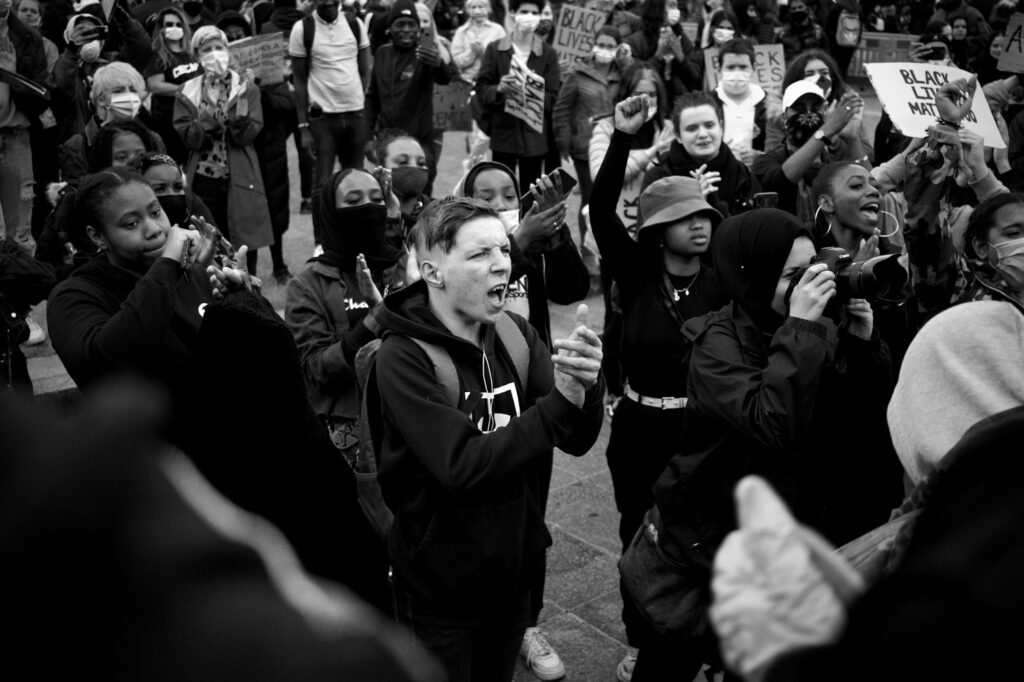Image credit: Unsplash
California is gearing up to tackle an age-old issue associated mainly with South Asian nations: caste-based discrimination. A groundbreaking legislative measure is currently awaiting approval from Governor Gavin Newsom. If signed, this would catapult California into the history books as the first US state to outlaw caste-based discrimination.
Now, why is this a big deal for a place like California? While caste issues might seem distant to America’s narrative, it’s essential to remember that California, with its rich multicultural fabric, hosts a diverse population from regions where caste is deeply entrenched, like India, Nepal, and Bangladesh. Surprisingly, there was a glaring gap before this proposed legislation: existing anti-discrimination laws didn’t cover individuals from these regions. This bill aims to bridge that gap, promising a brighter, fairer future.
California has not been a stranger to allegations of caste-based biases. In 2020, tech giant Cisco came under scrutiny when reports emerged about a Dalit engineer being discriminated against by managers from higher castes. They were also accused of unfair pay scales and biased work conditions. In 2021, California State University took a giant stride. They amended their policy to treat caste as a protected category, ensuring everyone feels welcomed and safe. This move was celebrated by many.
But caste-related concerns aren’t limited to workplaces. A disturbing instance involved Lakireddy Bali Reddy, a landlord from the Bay Area. He committed shocking crimes, including sex trafficking, against numerous women. Tragically, the underlying factor? Caste discrimination. A dark reminder of the depths to which discrimination can sink.

For those unfamiliar with the caste system, it’s predominantly associated with Hindu society; it is an ancient societal stratification segregating individuals based on birth and occupation. It’s a hierarchy that has, for centuries, been more than just symbolic. As the International Dalit Solidarity Network outlines, individuals at the bottom of this hierarchy, especially Dalits, experience numerous hardships, from poor housing to more heinous abuses like forced labor.
One might wonder, “Hasn’t India progressed in this regard?” Yes, India officially banned caste-based discrimination over 70 years ago. However, the harsh reality is that societal bias and related issues persist. Dalits, the community most affected by these biases, still face persistent challenges with violence and economic hurdles.
Returning to California, the current bill saw an overwhelming Senate approval with a 31-5 vote. The force behind this push? State Senator Aisha Wahab – the first Afghan American woman to be elected to a public office in the US. Reflecting on the bill’s significance, Wahab passionately stated, “This bill is about workers’ rights, women’s rights, and civil rights. It’s about ensuring the American Dream is truly for everyone.”
Moreover, America seems to be waking up to the subtle undercurrents of caste-based biases. Major educational institutions nationwide have incorporated caste as a criterion in their non-discrimination policies. Earlier this year, Seattle broke barriers by becoming the first US city to champion the rights of individuals irrespective of their caste.
As California edges closer to the caste-based discrimination bill, it will protect those vulnerable and send a strong message across the nation once it becomes law.

































































































































































































































































































































































